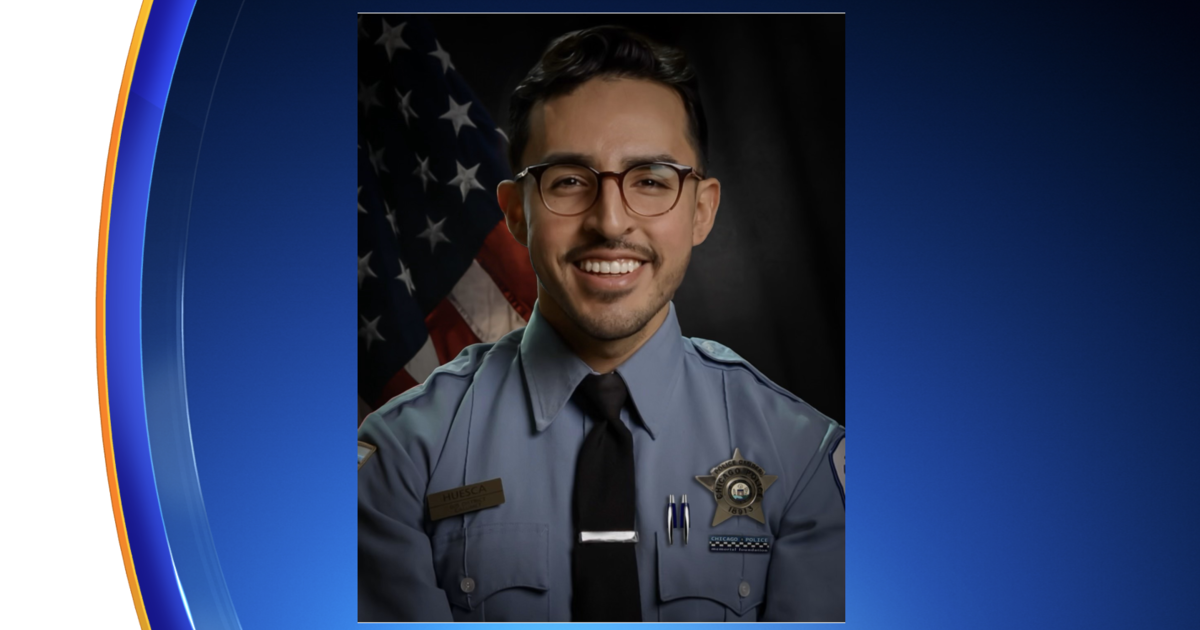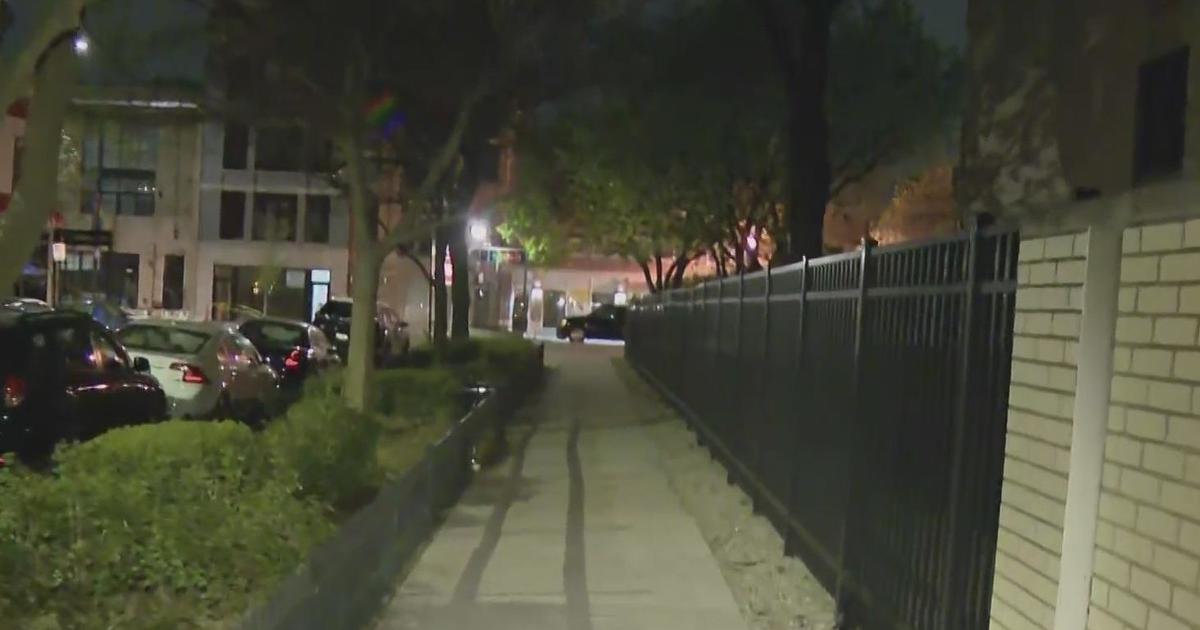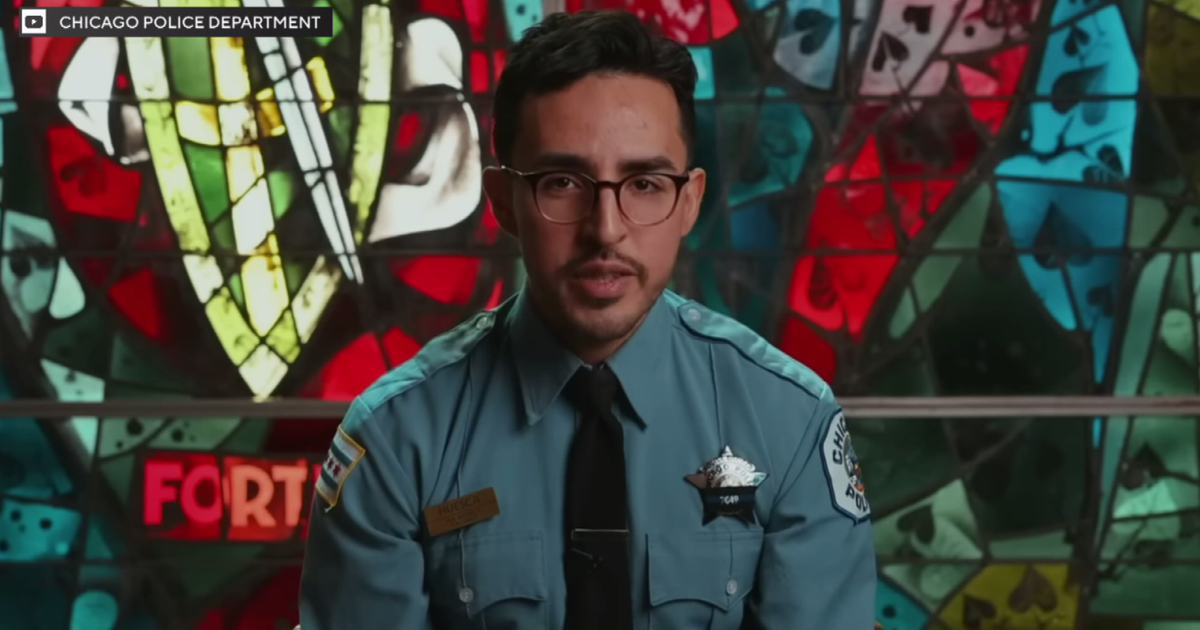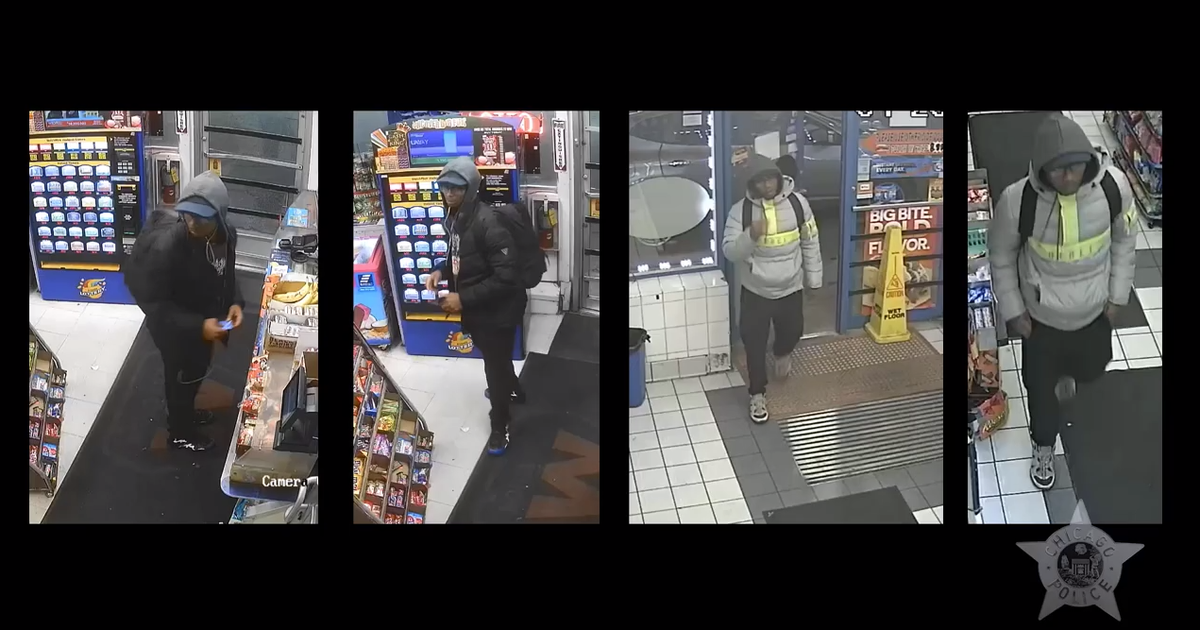Police Use Of 'Body Cams,' Stun Gun Cameras Stirs Controversy
CHICAGO (CBS) -- Police officers are using a new tool to catch criminals and protect themselves from bogus allegations. Some departments are beginning to have officers wear cameras on their uniforms, and they also are equipping stun guns with cameras.
CBS 2's Dave Savini looks at this new technology and the controversy around it.
In a Minnesota police station, a man walked in bleeding from his neck; he had cut his own throat, and was carrying a knife. An officer turned on what is commonly called a "body camera" and captured all that happened before the man could be apprehended.
The camera caught officers drawing their weapons, and repeatedly ordering the man to drop the knife before they were able to subdue him.
Exactly what happened in this case is not in dispute, because it was all captured by the police body camera.
One of the first police departments in Illinois to use body cameras is at Benedictine University. Police there have been using body cameras to document crime on campus since 2008.
"They know the camera is on," says Benedictine University Police Chief Mike Salatino. "And it changes everything."
Chief Salatino says they use the cameras to catch illegal drug and alcohol use on campus, criminal property damage, slip and fall injuries and other problems.
Those cameras protect police, too, says Deputy Chief Paul Creekmore.
"It's a silent partner for the officer; in case there might be an allegation against the officer, he acted improperly, he didn't do something or he did too much," says Creekmore. "It's all here on the videotape."
The body cameras are similar to dashboard cameras, which are allowed in Illinois.
However, some legal experts – including the American Civil Liberties Union – say tough recording laws in the state might mean police body cameras could be challenged in court as not being legal, especially if they have audio.
Some police departments, including the DuPage County Sheriff's Office, are using cameras mounted on stun guns. Again, it records everything, taking out the "he said, she said" aspect of a police confrontation.
CBS 2 contacted several companies that manufacture these cameras and found they are having a hard time selling the cameras in Illinois, because of the strict recording laws.
There are a variety of police departments using them. CBS 2 checked with Chicago Police, and was told they are not using body cameras.
Benedictine University police disabled the audio recording portion of their body cameras, because of Illinois' two-party consent law, which requires both parties who might be recorded to authorize the taping of conversations.



